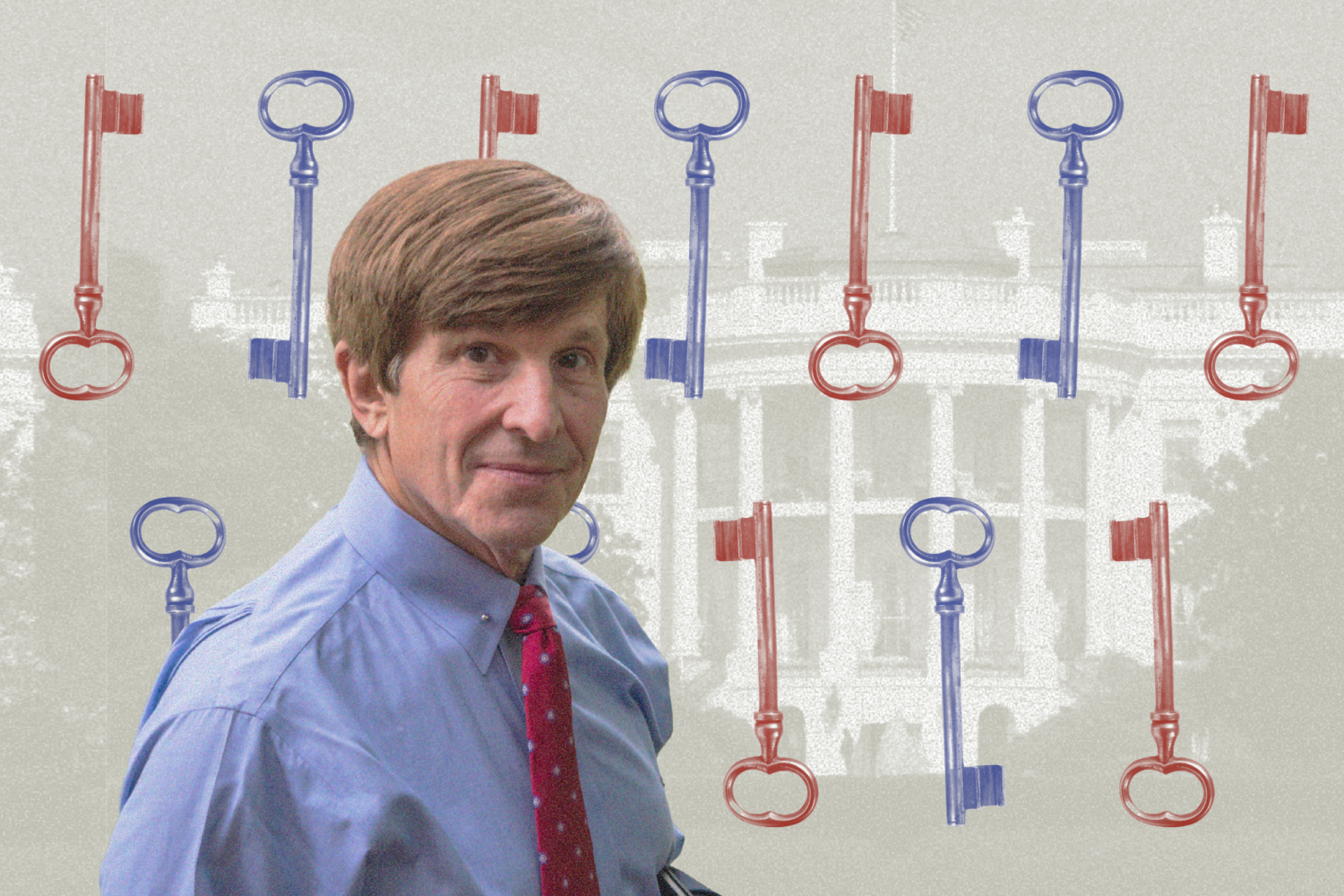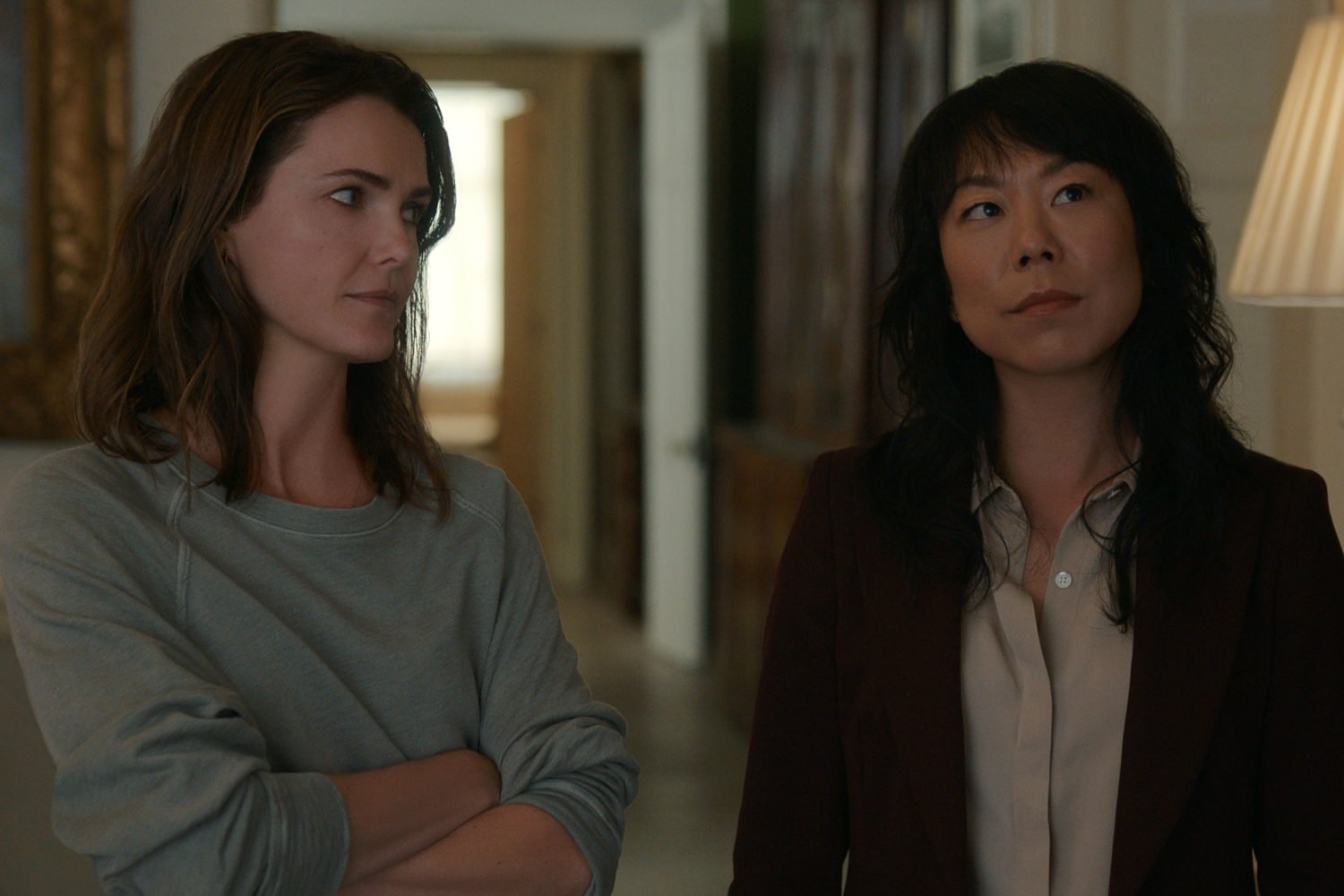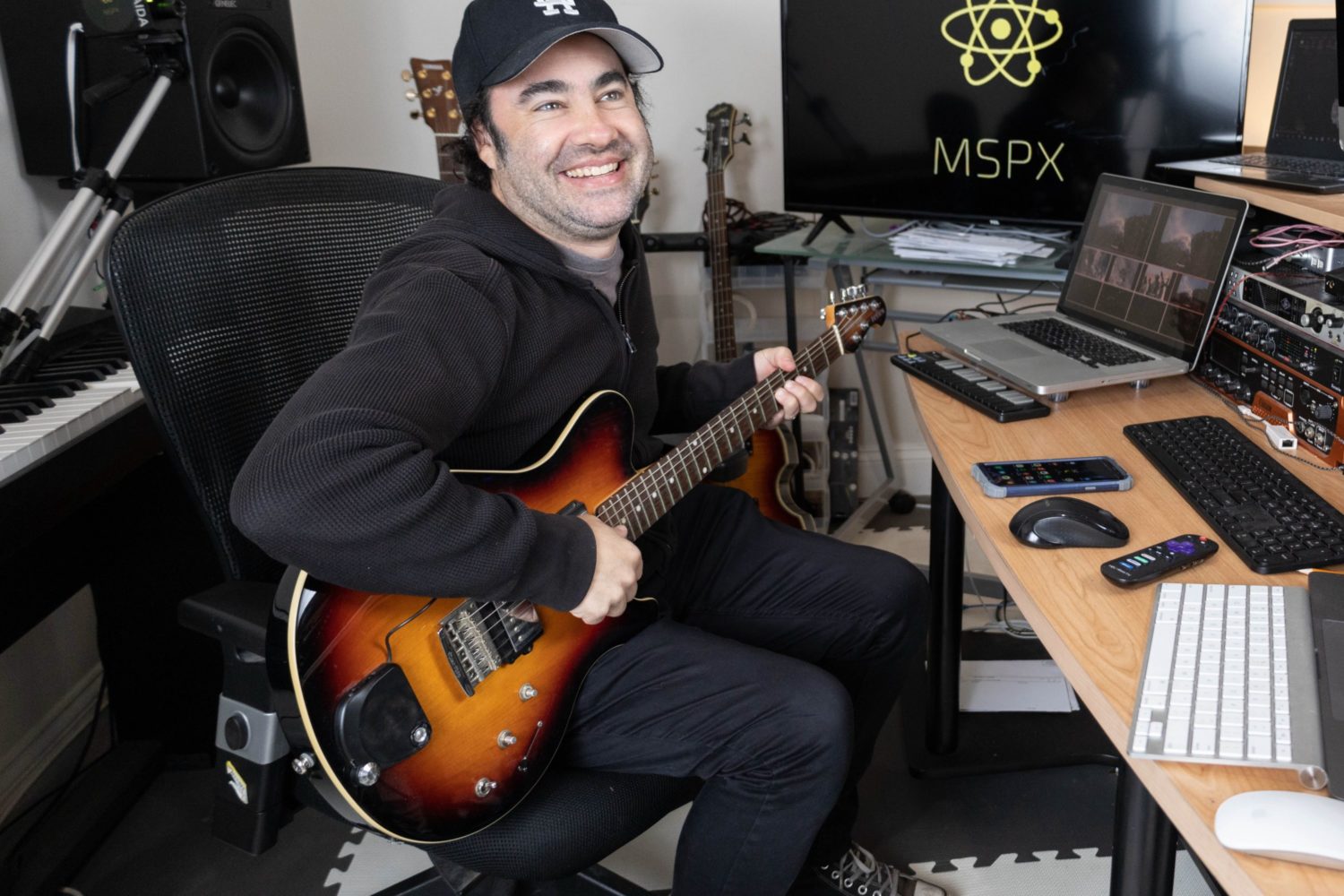The protagonist of Alex Gibney‘s new documentary We Steal Secrets: The Story of WikiLeaks is ostensibly the Australian hacker Julian Assange, who founded the anti-secrecy organization and published the biggest trove of leaked classified documents in US history. He’s not exactly a sympathetic character in Gibney’s eyes. Assange’s story comes across as a cautionary tale about narcissism, and the filmmaker ultimately concludes that WikiLeaks/Assange (they are one in the same) has become the very embodiment of the thing it set out to destroy: An autocratic regime that survives by cult of personality and, irony of all ironies, secrecy.
Gibney would have made a good film had he only offered that persuasive argument–which Assange’s supporters will doubtless see as an unfair hack job by a documentarian who never even interviewed his subject. (More on why not here.) But Gibney went further than I’d expected by deeply and, at times, touchingly exploring the secondary character in this global power-drama, who turns out to be the real star of the show: Army Private Bradley Manning, the young man accused of providing WikiLeaks with thousands of classified military reports and diplomatic cables.
The film is hugely sympathetic to Manning, who, since the movie was finished, has pled guilty to misusing classified material. Gibney argues that even if Manning committed a crime, the fact that some of the government’s own assessments have found no great national security harm came of the disclosure should mitigate Manning’s punishment. Manning’s detractors will doubtless see that as as the conclusion of a biased filmmaker, who set out to turn a criminal into a martyr for public transparency and accountability.
The funny thing is, that’s the character I thought Assange would turn out to be in this movie. Instead, it’s Manning whose struggle to expose secrets seems most genuine and complex, and most significant for national security policy. After all, Assange was the recipient of the secrets. Manning is the one who let them loose, and exposed unacceptable weaknesses is the military’s own security regime in the process.
Gibney makes extensive use of instant messages that Manning exchanged about his disclosures with the hacker Adrian Lamo, who reported Manning to the authorities and, in the film’s final moments, regrets having done so. Manning tries to explain why he would risk violating national security and his own freedom to tell the world about what he believes are grave injustices carried out by the US government.
“i…care?” Manning writes.
Gibney flashes this portion of the text on screen at various points, and he makes a motif of Manning’s other personal struggles, including with his gender identity and his inability to fit in with his peers and his fellow soldiers. Manning says he is extremely isolated. Feels entirely alone. The release of the documents is a way to change the world for the better and to imprint himself on it–to matter.
Manning seems like an accidental radical. A smart computer geek who never quite fit in with his peers–too weak, too effeminate, maybe just too smart–but who finds himself in a position to bring important matters to light. Assange, however, seems to be in the game to fuel his own ego. He craves credit, even adulation, for bringing the mighty security state to his knees, but he pays no mind to the consequences. He tells us that he would even release information about how to make a deadly weapon that could kill innocent people.
The title of Gibney’s film comes from one of his interview subjects, former CIA and NSA director Michael Hayden, who describes the business model of the US intelligence community as, “We steal secrets.” It’s hard to escape the conclusion that Gibney sees Assange as a kind of thief. Or at the very least, a resident of the moral gray zone that’s also inhabited by the CIA. Hayden essentially argues, We steal because it keeps people safe. Assange could amend that for WikiLeaks: We steal because it keeps people honest. Gibney doesn’t conclude whether either end is justified by the means. But that central tension holds the film together, and it brings you right back to Manning and his decision.
Some viewers will bristle at the suggestion that WikiLeaks’ global campaign of radical transparency is, at base, simple theft. Is what Assange does, receiving secret information and publishing it, fundamentally so different than what journalists do? As a journalist, I wished Gibney had made more of an effort to address that quandary. But that could take another film.
I think it’s enough that We Steal Secrets asks us to consider all these questions through the story of one deeply troubled and conflicted young man, who may spend the next several years of his life in prison. Gibney doesn’t excuse what Manning did. But he tries to understand why he did it, in a far more human way than others who have tackled this story.









